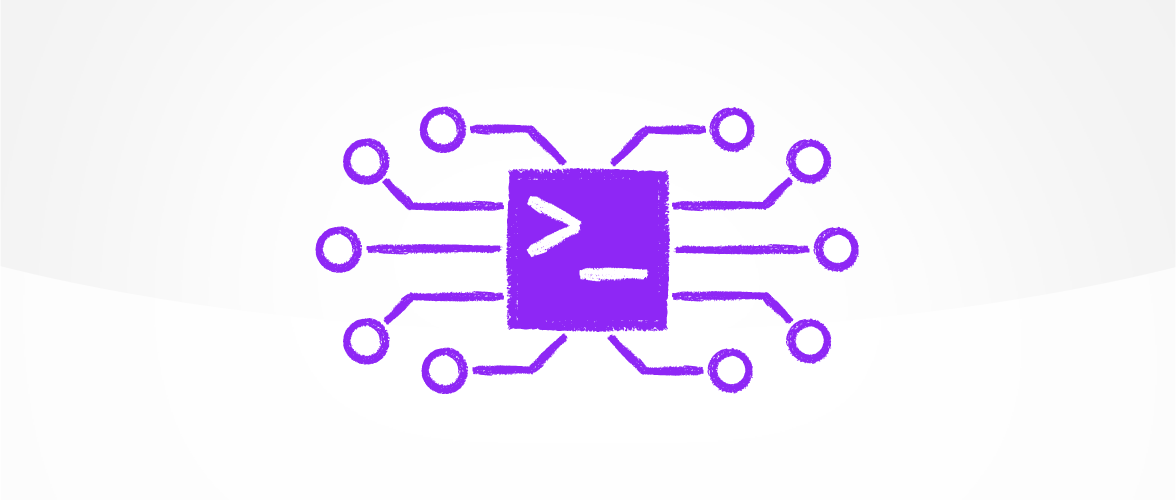ChatGPT and AI: a parent guide
Artificial intelligence (AI) is a rapidly evolving technology that’s increasingly becoming part of our daily lives.
ChatGPT is perhaps the best-known form of generative AI – a popular tool used to create, or generate content and answer questions.
Here’s what parents need to know about ChatGPT and generative AI tools.
![]()
What is ChatGPT?
Since ChatGPT was released in 2022, millions have signed up and begun using it to create content, answer questions and much more.
ChatGPT is sometimes described as an ‘AI chatbot’, as it can simulate the sort of conversations you’d have with another human.
What does ChatGPT do?
ChatGPT can chat, answer questions and create original content. For example, poetry, essays, quizzes, jokes. These are created based on the ‘commands’ or instructions a user provides.
ChatGPT is trained on enormous amounts of data to do this. This is from web content, online news outlets, eBooks, online images, audio mp3 files, and much more.
Chat GPT is trained to ‘understand’ or categorise bits of data and to detect any patterns – like what makes a poem ‘sad’, what makes a song sound like Beyoncé, or what separates an orangutan’s appearance from Shrek.
ChatGPT can then respond to users’ instructions and generate answers and content (like requests for a sad poem, a tune in the style of Beyoncé, or a picture of Shrek having lunch with an orangutan).
Using ChatGPT
ChatGPT's age ratings and terms of service outline that children should be 18 before using ChatGPT independently and 13 when using the app with parental supervision.
The software has both free and subscription-based versions. It can be accessed both via an app or by a browser.
To sign up, you can use your Google, Microsoft or Apple accounts. You can also sign up via email, where you will be prompted to enter your date of birth, but you will not be asked to verify it, and therefore, children can get around this and access the software.
Sign up to our newsletter and get the best of Parent Zone sent to your inbox. Find out more
The impact on children
As tools like ChatGPT become more commonly used, they're likely to have an impact on children and families.
Education
ChatGPT can provide students with immediate feedback and guidance and can be a shortcut to create things like essays and answers to homework questions.
There are many cases of children using ChatGPT to do their schoolwork – which is generally viewed as being different to using the internet to research or get artistic inspiration.
Some schools are embracing AI and many others are developing their own AI policies. If you are unsure about your child using ChatGPT – or other AI – for school work, you could check the school's website or speak to a teacher.
Bias
There have been reported cases that ChatGPT has produced biased or inaccurate information based on limited, or biased datasets.
If your child is using ChatGPT to get answers, it is important they understand that results may not be correct or a fair representation of the facts.
Bullying and inappropriate material
Generative AI can be used to manipulate, embarrass or upset others. Examples of bullying behaviour include creating fake social media accounts, videos and images, or bombarding someone with messages.
While ChatGPT does have usage policies which ban the use of its services to hurt others, it can be used creatively to do this. For example, make fake profiles and generate fake messages or comments which harass others.
Inappropriate and risky content
ChatGPT – like many Gen-AI tools – is designed to avoid certain requests that are unethical or inappropriate.
This means these tools generally won’t respond to requests to create violent imagery, or written content which involves sexual activity, explicit language or risky behaviours like self-harm.
This doesn’t mean that some users won’t find ways around that, or that gen-AI tools have been perfected. There have been cases of AI offering support or even encouragement to risky behaviours.
It has been reported that users have used prompts, known as jailbreaks, to trick ChatGPT into generating harmful content, bypassing the restrictions.
ChatGPT is still rapidly evolving, and new developments and challenges are likely to emerge. Therefore, understanding if or how your child may be using it will be the first step to making sure they remain safer.
![]()
Spot something that doesn't look quite right? You can email librarian@parentzone.org.uk to submit comments and feedback.
This article was last updated on 22/07/24.


 Previous Article
Previous Article 